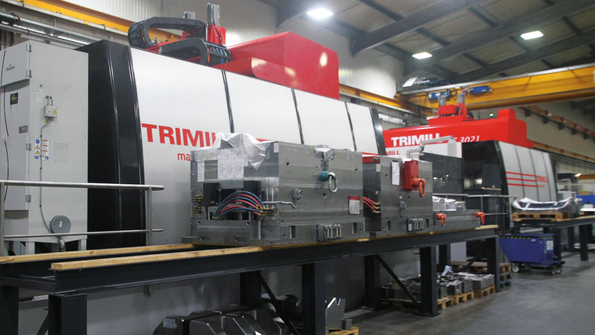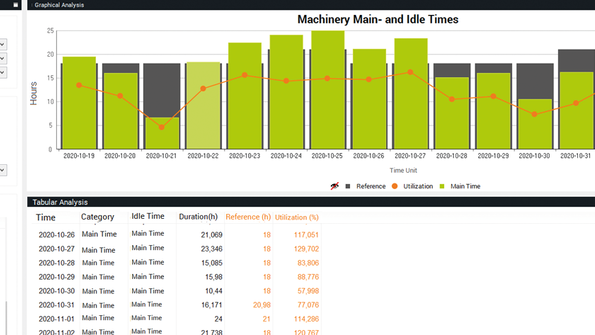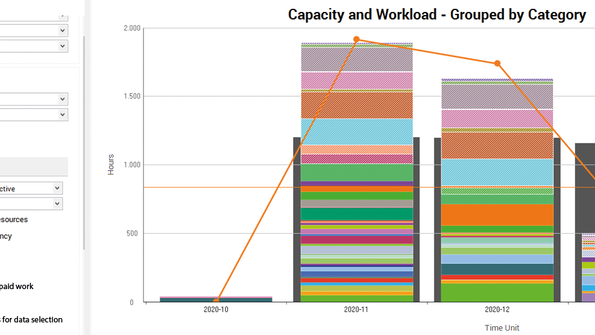Koller Formenbau enjoys the reliable and transparent planning in ProLeiS
How the MES integrates and optimizes die manufacturing processes from practice
Companies that want to make reliable statements about deadlines, availability and prices need to have their numbers, data and facts up to date.
At Koller Formenbau in Oberbürg, Germany, the ProLeiS organization and planning system from Tebis provides convincing results with its high degree of adaptability and transparency and improvements in the process.
How the MES integrates and optimizes die processes from the real life
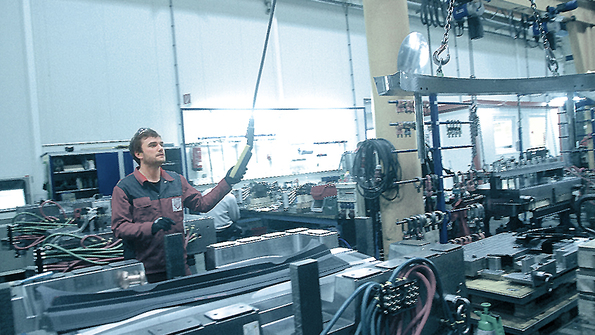
Networking and reducing workload through digital solutions
At the AMB industry trade show in Stuttgart in 2018, a team with Markus Ferstl (Production Manager), Georg Sippl (Head of Work Preparation and Workbench department), and Fabian Schmittlein (Die Manufacturing Sales and Production Planner) got a comprehensive overview of all the relevant systems on offer there.
"We always find that ProLeiS has an open mind for improvements. Anything reasonable and feasible is quickly implemented.”
ProLeiS integrates processes from real production

Optimized processes through transparency
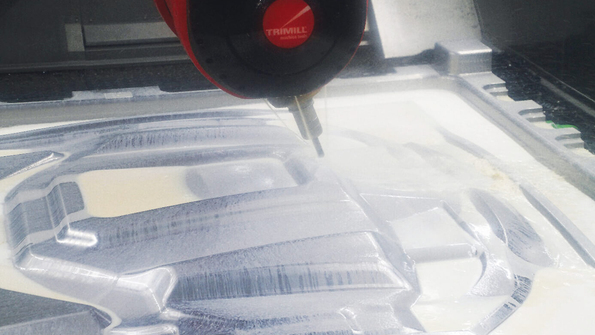
Revealing effects of deadline changes by simulation
This has changed fundamentally with ProLeiS. "Whether it's a deadline change, a last-minute order or the failure of a machine or supplier: Just a few mouse clicks in the system gives us a transparent overview and we can give the customer a clear answer," says Schmittlein. "And internally, we also have a very precise picture of what we can ask of our machine operators – and whether it might make sense to outsource partial contracts to reliable partners. Or conversely, whether our capacity situation would allow us to take on subcontracted jobs on our machines.”
"Whether it's a deadline change, a last-minute order or the failure of a machine or supplier: Just a few mouse clicks in the system gives us a transparent overview and we can give the customer a clear answer,”
Cost planning and documentation
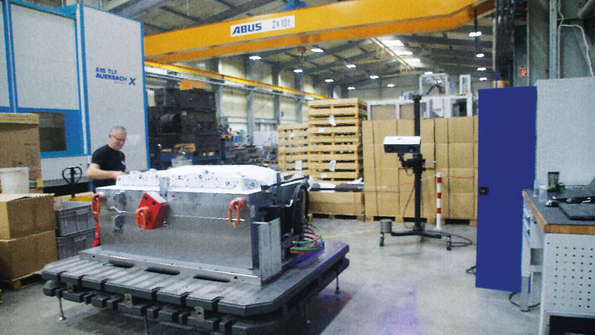
Flexible processes and reasonable adjustments
Up-to-date data and paperless manufacturing
Individual planning view
A traffic light system displays the status immediately. Red means that nothing is available for the order yet. Green means that the order can be processed, and yellow means that something is missing – and you can see exactly what it is and who to ask about it. "This gives employees all the information they need to act independently based on a comprehensive overview of the company," explains Schmittlein.
Automatic data transfer into ERP system
Reliable order planning
